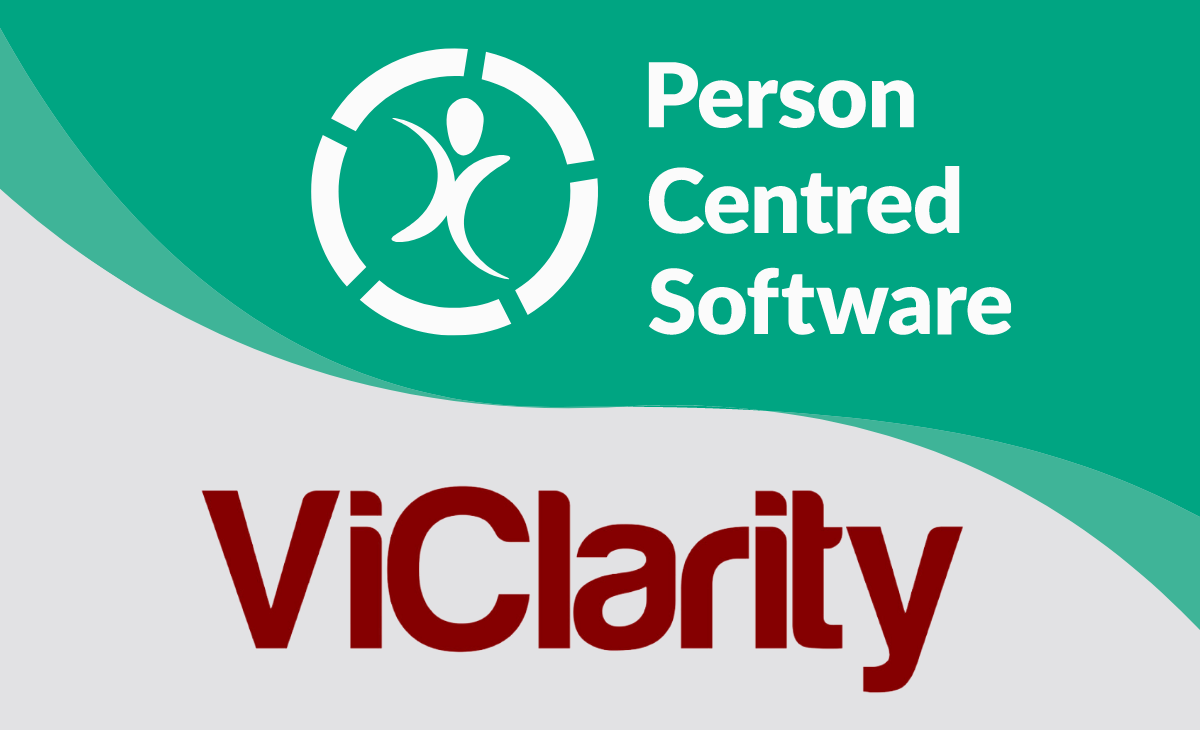
Published in Care Home Professional
Co-founder and director of Person Centred Software, Jonathan Papworth, takes a look at where next generation care technology is heading.
Whilst less than 50% of social care has implemented digital care systems currently, those that have are starting to leverage their capability to go beyond improving quality of care; to using technology to aid decision making. Technology can never replace the human touch, but it can help to make sense of complex care needs, and can make life better for people in care.
Growing numbers of products are available to help reduce unnecessary care interventions – the most obvious being reducing the need for night-time checks through acoustic monitoring, fall detection or motion pads. Additionally, more monitoring systems are coming to market that allow automated reading of vital signs; motion; location and more, which help to reduce the burden of care, and give people more freedom. The next step is to use the information captured from all the different data collection systems, including physical care interactions, to support decisions on how to best support each individual.
Much has been written about how better care can reverse decline in the elderly by improving mobility and nutrition, or reducing infections and episodes of challenging behaviour, etc. Where technology is heading in the next generation is to predict future care needs and potential issues many days before they occur, so care routines can be modified to best support each individual.
Technology has the potential to predict many weeks in advance, based on minor changes to behaviour or biological measurements, when a person is heading towards a detrimental event. Some of this is based on simple measurement comparisons (such as weight loss, or fluid intake), but some is based on more complex algorithms that are personalised to the individual, and are built on machine learning, or artificial intelligence. The digital age provides the ability to collate information automatically from all available sources and then allow the computers to do the hard work of working out what care routines need to be changed.







.webp?width=80&height=80&name=HTD%20Awards%202023%20Badge%20(4).webp)














